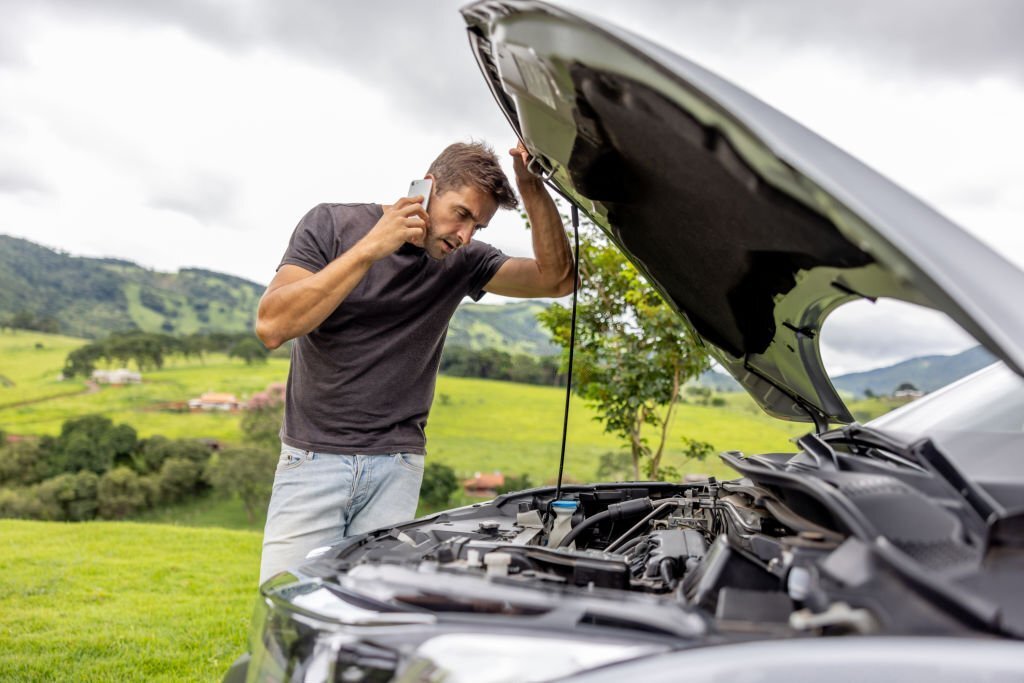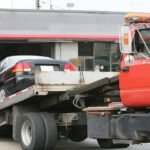Car breakdowns can be frustrating and inconvenient, but they happen to almost everyone at some point. Whether you’re on a busy highway or a deserted road, it’s important to know what to do when your car breaks down.
As a Tow Truck: Car Breakdown Recovery Expert, we will provide you with some tips on what to do when your car breaks down.
7 Things To Do When Your Car Break Down
With so many interconnected parts, wear and tear, external factors, and security risks, there’s always a chance that a car will break down unexpectedly, leaving the driver stranded and in need of assistance. We’ve explained below some important things that you should do if stuck in such a situation.
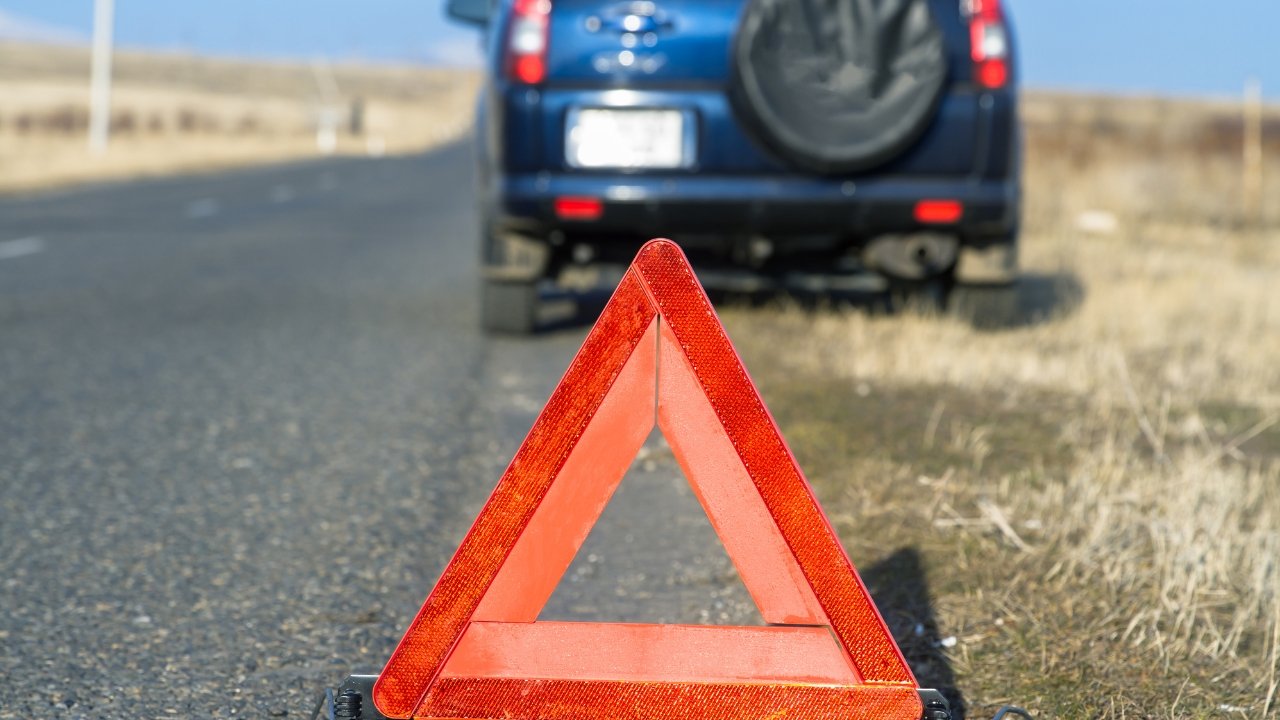
1. Keep Yourself Cool
When you first realize that your car has broken down, it’s natural to feel a sense of panic or frustration. You should stay calm and try to find the root cause of your car’s unexpected breakdown.
However, it’s crucial to stay calm and think clearly. Take a deep breath and assess the situation. Are you in a safe location? Is your car blocking traffic? By evaluating your surroundings, you can make better decisions moving forward.
2. Move Your Vehicle to a Safe Location
If possible, try to move your car to a safe spot away from traffic. This could be a nearby parking lot, the shoulder of the road, or an emergency stopping area. Turn on your hazard lights to alert other drivers that your vehicle is disabled.
By doing so, you’ll reduce the risk of accidents and ensure your safety while you figure out the next steps.
3. Call For Assistance
When you’re experiencing a car breakdown situation, you need to hire professional assistance from a reputable source like Tow Truck for fast, efficient, and reliable car fixing and recovery services. You have to explain your location and what’s wrong with your car to the car recovery service.
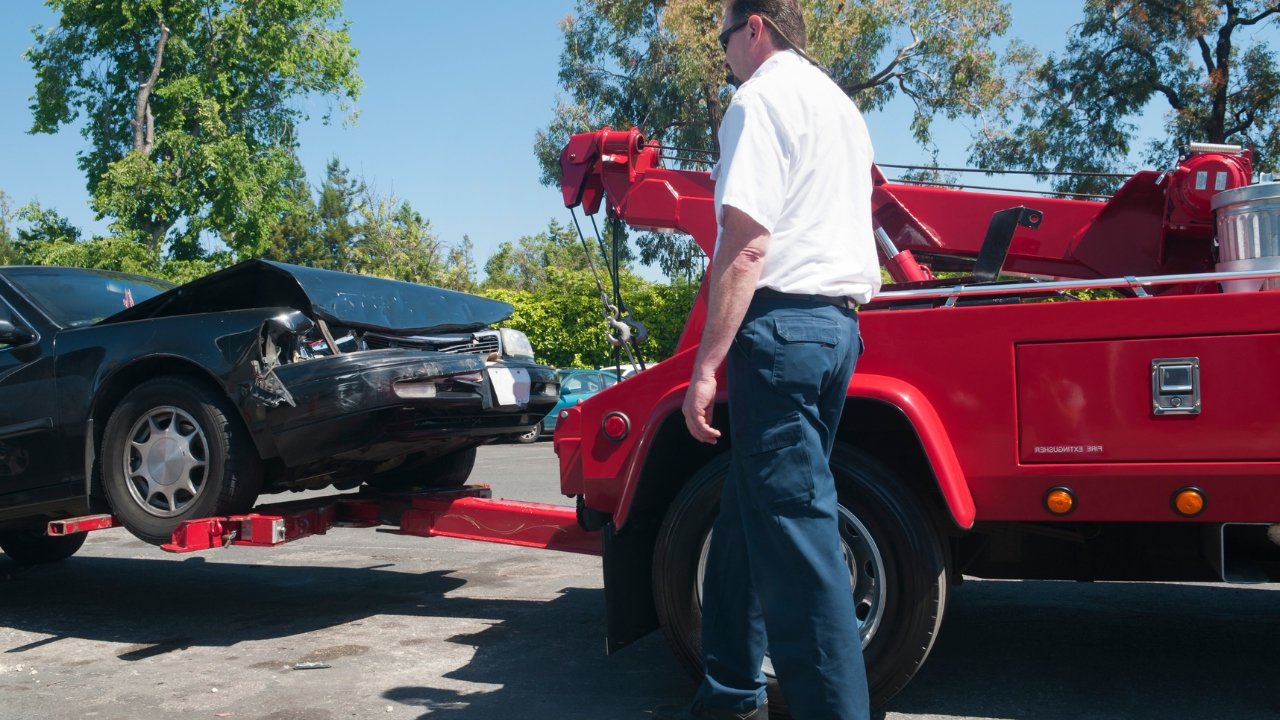
You’ll also need to give them the make and model of your car, so they can bring the right equipment. Providing all the necessary information ensures a quicker, more efficient response, better preparation from the assistance provider, and increased safety for yourself and those around you.
4. Prioritize Your Safety
While you’re waiting for help to arrive, it’s important to stay safe. If you’re on a busy road, stay in your car with your seatbelt on. If you’re in a parking lot or side street, it’s generally safe to get out of your car but stay aware of your surroundings.
If you’re on a highway or near a jungle, it’s better not to get out of your car and lock the doors. Just a reminder that you should not accept help from strangers, and if someone seems suspicious, you should get back in your car and lock the doors.
The best approach to handle such situations is to keep your nerves and leave the car immediately. Additionally, if your car is on fire, its better to stand a safe distance from your car and wait for assistance to arrive.
5. Use Warning Devices
To further increase your visibility and warn other drivers of your car’s presence, use warning devices such as reflective triangles or flares. Place them a good distance behind your vehicle, preferably 50 to 100 feet, depending on the speed limit of the road. This will give drivers ample time to notice the warning signs and adjust their speed accordingly.
6. Communicate Your Situation
While waiting for help, it’s a good idea to let others know about your situation. Use your phone to inform a trusted friend or family member about the breakdown, your location, and the estimated arrival time of the assistance. This way, someone is aware of your circumstances and can offer support if needed.
Additionally, if you’re stranded in an unfamiliar area, ask for local recommendations on reliable repair shops or nearby accommodations.
7. Be Cautious of Strangers
While it’s true that many people are helpful and kind, it’s essential to exercise caution when dealing with strangers who approach you while your car is broken down. Keep your doors locked and only roll down your window enough to communicate if someone offers assistance.
If you feel uncomfortable or suspicious, politely decline their help and wait for professional assistance to arrive.
Quick Read: Towing vs. Roadside Assistance: Deciding The Best Rescue Option
Why You Should Keep Safety Equipment In Your Car?
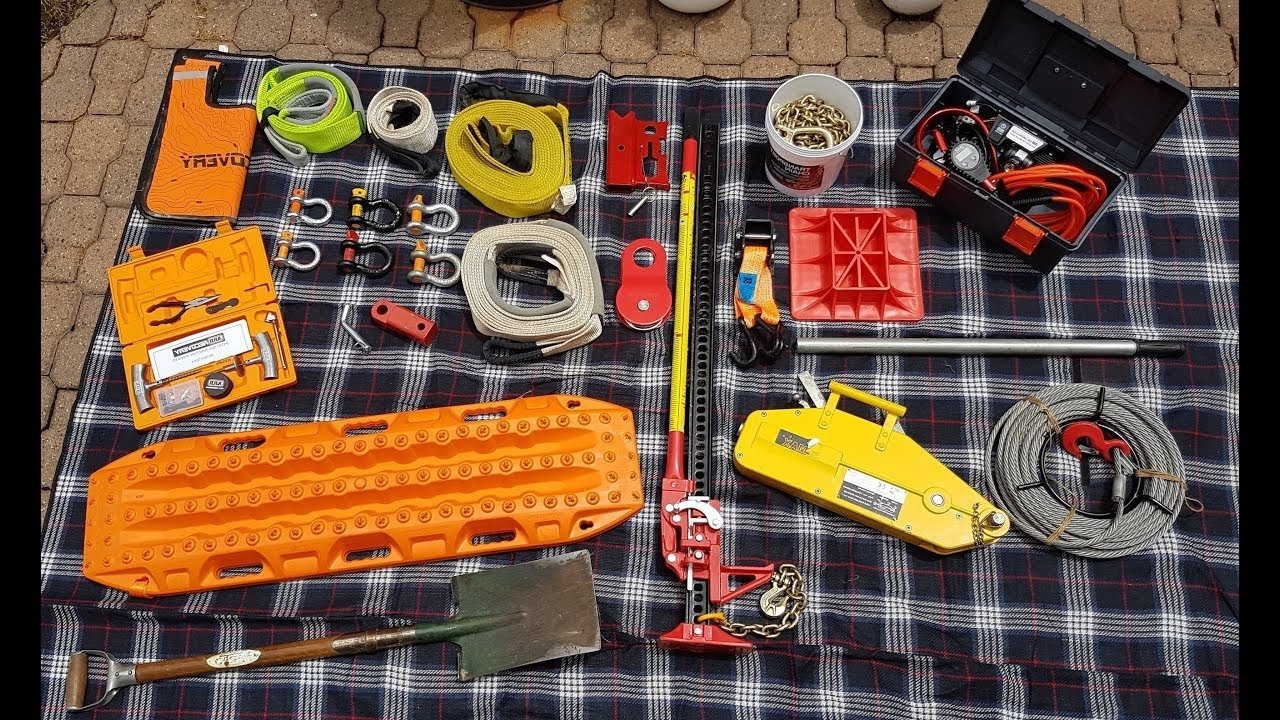
Keeping essential supplies in your car is a small but important step you can take to be better prepared for emergencies and unexpected situations. Some of the supplies you should consider keeping in your car include;
- A spare tire and tools to change it
- Jumper cables to jump-start your battery
- A first-aid kit
- A flashlight and extra batteries
- Bottled water and non-perishable snacks
- A blanket or extra clothing
Preventative Measures and Maintenance
While it’s impossible to predict when a breakdown will occur, regular vehicle maintenance can minimize the risk. Stay on top of routine maintenance tasks such as oil changes, tire rotations, and fluid checks. Keep an eye on your car’s warning lights and address any issues promptly.
By taking proactive steps to maintain your vehicle, you can reduce the chances of a breakdown and keep it running smoothly.
FAQs
What should I do if my car breaks down on a busy highway?
If your car breaks down on a busy highway, try to move it to the shoulder or emergency stopping area if possible. Turn on your hazard lights, call for assistance, and wait inside your vehicle. Use warning devices such as reflective triangles or flares to increase visibility and alert other drivers.
What if I don’t have roadside assistance coverage?
If you don’t have roadside assistance coverage, you can still get help. Contact a trusted towing service or call a local mechanic for advice. They can guide you on the next steps or arrange for your car to be towed to a nearby repair shop.
How can I prevent car breakdowns in the future?
While breakdowns can happen unexpectedly, regular vehicle maintenance can reduce the risk. Stay on top of routine maintenance tasks like oil changes, tire rotations, and fluid checks. Address any warning lights promptly and ensure your car receives timely inspections from a qualified mechanic.
Final Words
Knowing what to do when your car breaks down can help keep you safe and minimize any damage. Our advice for you is to stay calm, call for assistance if necessary, and stay safe while waiting for help to arrive. If you have some mechanical knowledge, you may be able to fix the problem yourself, but it is always best to err on the side of caution and leave it to professionals.

